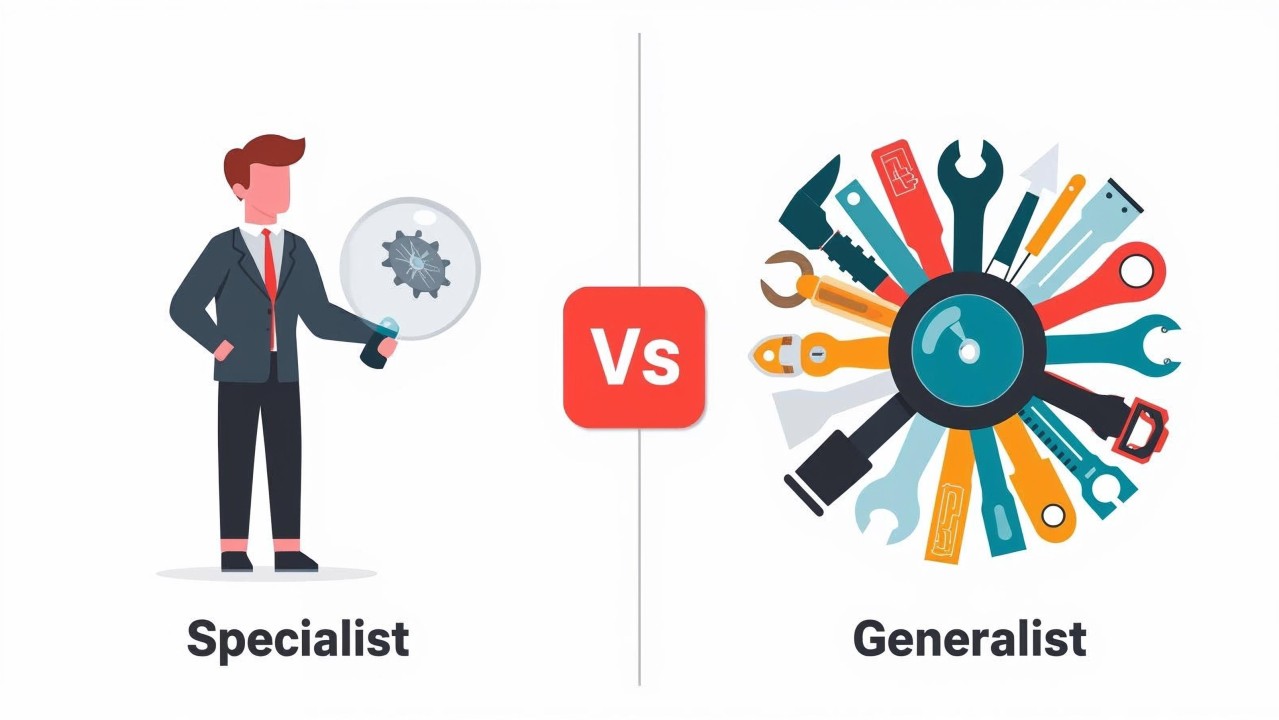Malaysia's Silent Shift: Understanding the Quiet Quitting Phenomenon in Local Workplaces
 News
News
956
What is "Quiet Quitting," and How Does it Differ from Slacking Off?
While traditional slacking involves deliberate idleness, "Quiet Quitting" represents a deeper mindset shift. Employees continue to meet their core duties and basic expectations, but their enthusiasm for excellence, willingness to participate in "hustle culture," and desire for overtime dwindle. This change in attitude often stems from a re-evaluation of the "effort-reward imbalance" and a conscious effort to establish clearer boundaries for personal time and energy.
In Malaysia, this trend is particularly noteworthy. The experience of working from home (WFH) during the pandemic forced many Malaysian professionals to redefine their work-life boundaries. Many realized the toll excessive work took on their physical and mental well-being, leading to a greater desire for personal time and a more balanced life.
Why is "Quiet Quitting" Taking Hold in Malaysian Workplaces?
Several factors contribute to this global trend resonating within the Malaysian professional landscape:
Post-Pandemic Value Shift: The pandemic prompted many Malaysian employees to reflect on life's meaning and work's true value. Health, family, and personal happiness gained unprecedented importance, encouraging individuals to protect their boundaries and resist sacrificing everything for their careers.
Wage Stagnation vs. Inflation: Despite Malaysia's economic recovery, many employees find their salary increments are not keeping pace with the rising cost of living (inflation). This disparity between effort and reward often leads to reduced motivation, pushing employees towards a "good enough" mindset to cope with the psychological imbalance.
Increased Workplace Burnout: Prolonged high-pressure environments, blurred work boundaries (especially under hybrid work models), and a lack of clear career development pathways contribute to significant burnout among Malaysian employees, leading them to adopt "quiet quitting" as a self-preservation mechanism.
Resistance to "Internal Competition" (Neijuan): As the global "neijuan" culture (intense internal competition) spreads, some Malaysian professionals are growing weary of endless competition and unproductive overtime, seeking healthier and more sustainable work models.
Lack of Clear Growth Opportunities: If companies fail to provide employees with visible promotion opportunities, skill development programs, or meaningful work challenges, employees often lose their drive and engagement, drifting into a "quiet" state.
What "Quiet Quitting" Means for Malaysian Businesses and Employees
For businesses, "Quiet Quitting" can result in decreased team innovation, higher employee turnover (as disengaged employees are more likely to leave for better opportunities), and a decline in overall productivity. For employees, while it offers short-term relief from stress and allows for a better personal life, long-term implications may include stagnant career progression, reduced promotion prospects, and a lack of compelling highlights for future job applications.
Understanding and addressing the "Quiet Quitting" phenomenon is a critical challenge for both Malaysian companies and their workforce. Balancing productivity goals with employee well-being and professional development will be a key factor in shaping the future of work in Malaysia.
Seeker Service
Recruitment
Jobpd is a job search and recruitment platform exclusively focused on Malaysia, dedicated to connecting outstanding talent with quality employers. We aim to provide efficient, convenient, and intelligent recruitment solutions for job seekers and businesses in Malaysia. Through digital means, combined with advanced technology and deep local market insights, our platform strives to create a fair and transparent career development ecosystem, empowering individuals in their career growth and ensuring the success of corporate talent strategies.
Copyright © 2025 GATHERING DREAM GROUP SDN. BHD. 202301039979 | SSM (1533898-X)
 Tips
Tips
 Featured
Featured





